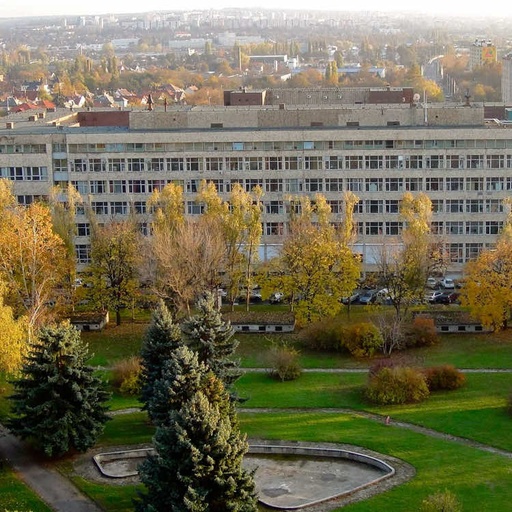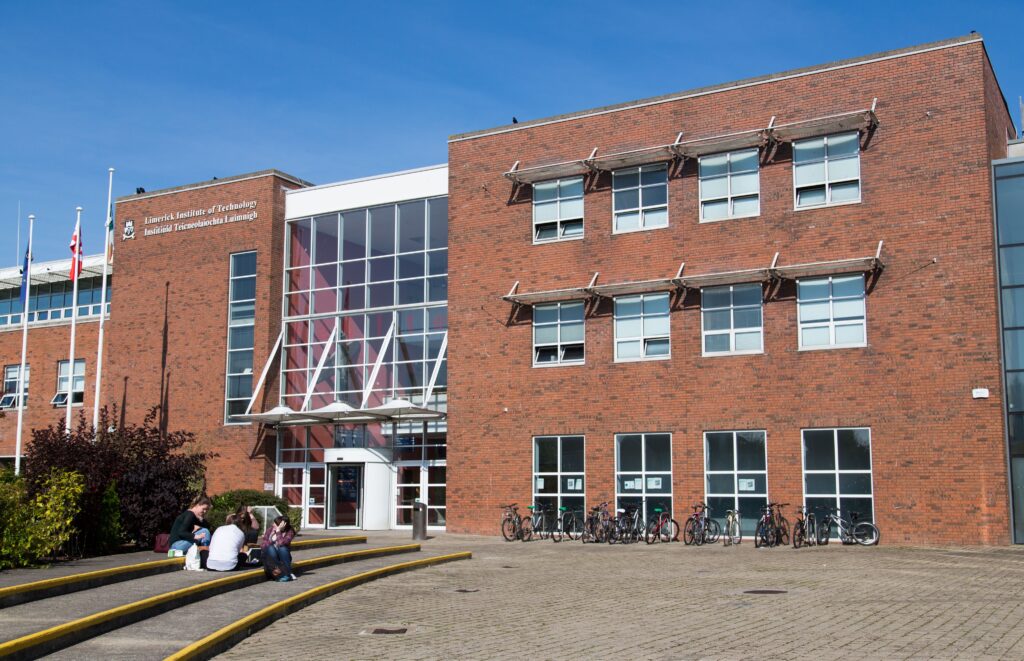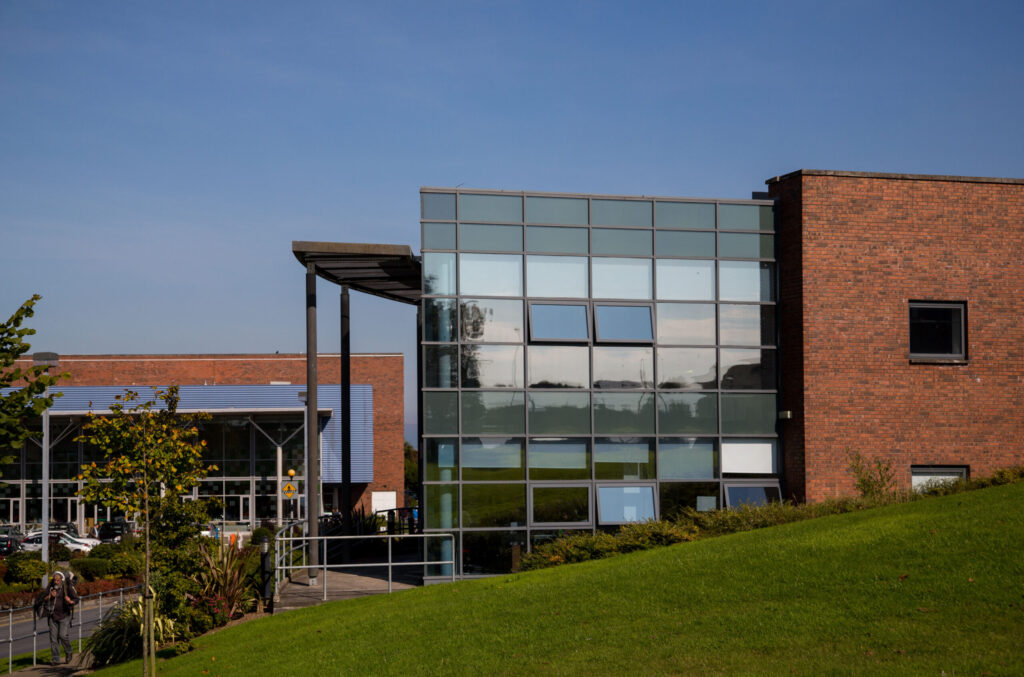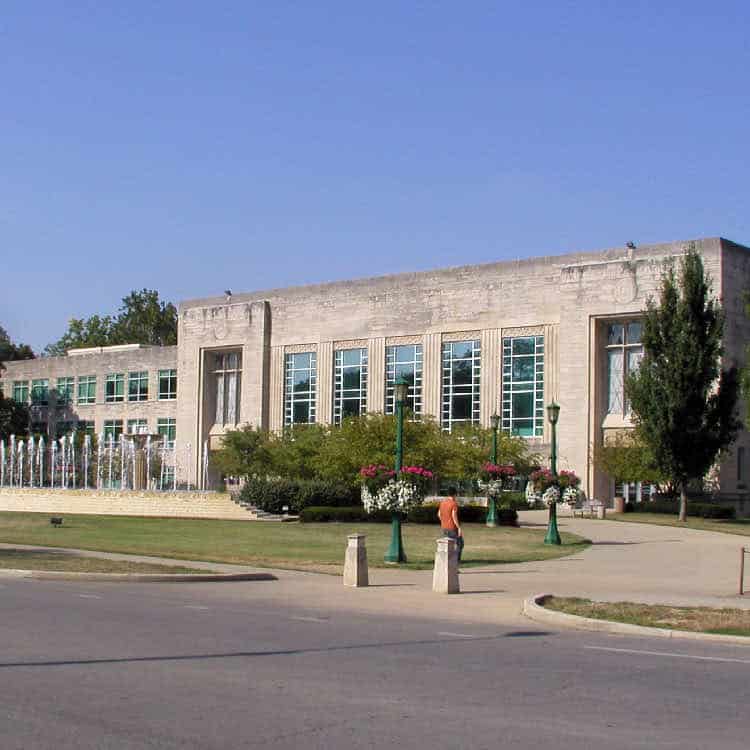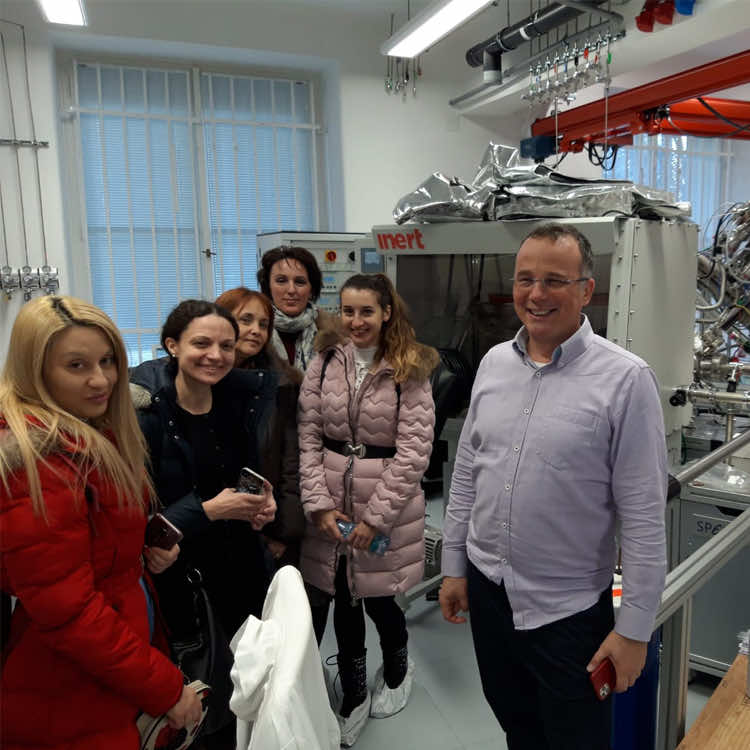All Biotechnology
Society is highly dependent on the biological processes found in animal, vegetable, and microbial organisms, not to mention our own bodies. In recent years, it has become possible to make these work even better.The bedrock of this development is genetic engineering. This has led to more productive crops but also to biofuels and new antibiotics. Conversely, as we feel our way into some of the implications of these new technologies, biotechnology experts are going to be needed to identify and mitigate some of the negative side effects on society.The most exciting part of biotechnology lies in sustaining and improving human health. However, a great deal of work is being done in fields like agriculture and pollution mitigation. An undergraduate biotechnology degree therefore casts a wide net, covering not only medical subjects but also general biology and the practical tools of the trade: bioinformatics, molecular biology, nanotechnology, and extensive computer skills.The result is a course with a thorough grounding in general scientific principles, suitable as preparation for medical, dental, or grad school. At the same time, much of the coursework is devoted to the specific techniques and applications used in the biotechnology field. Students should have a genuine interest in and aptitude for the life sciences.







